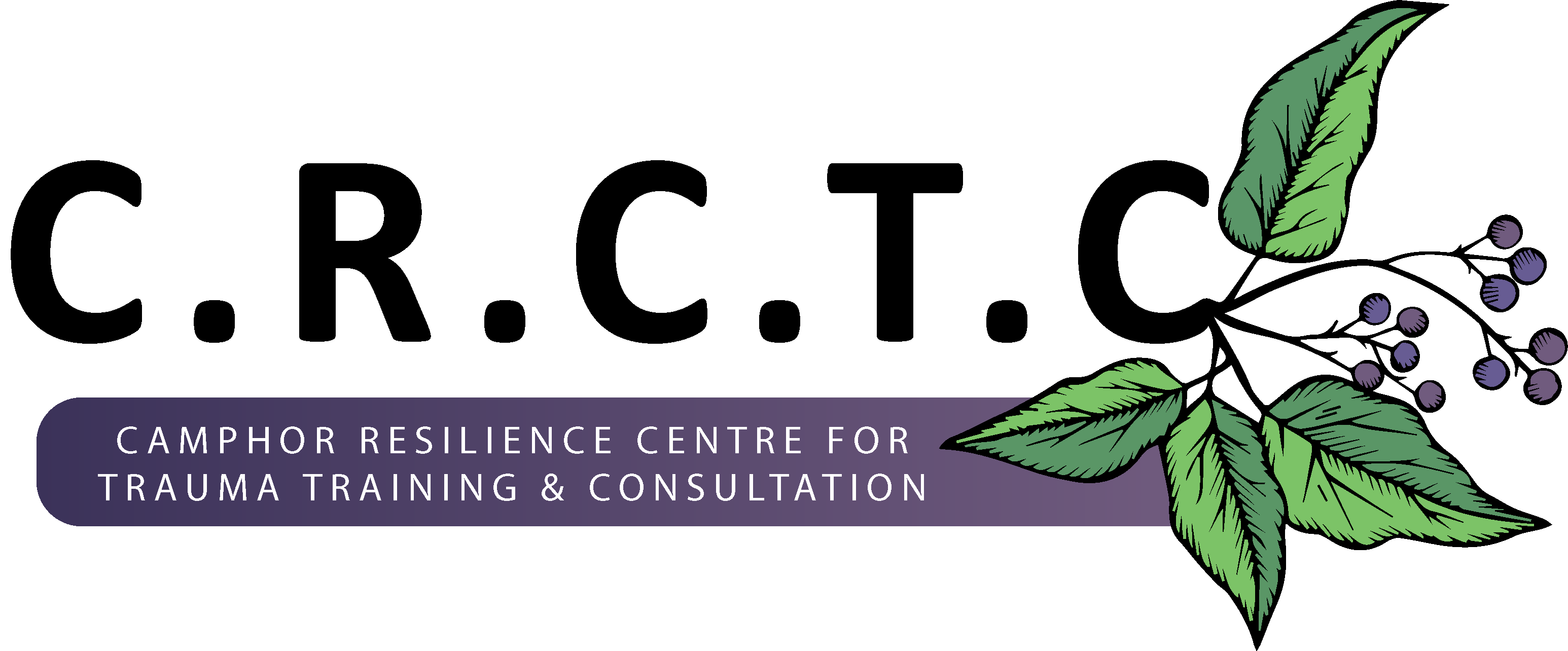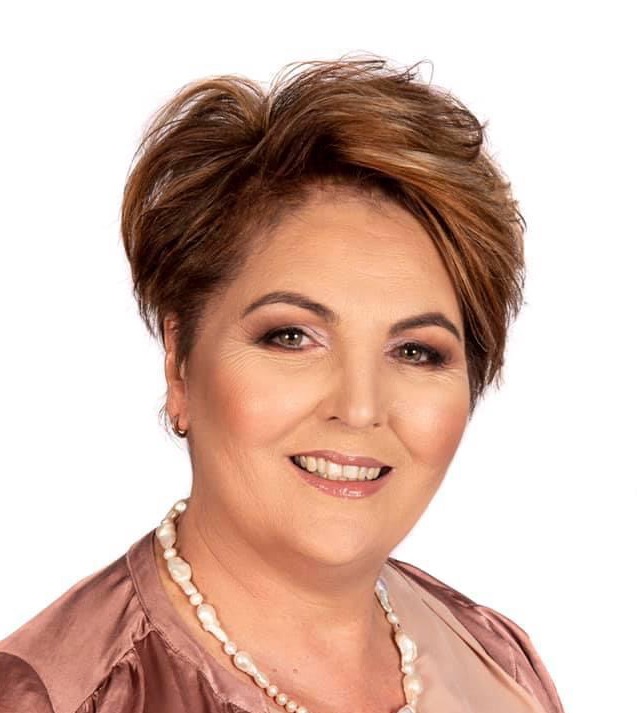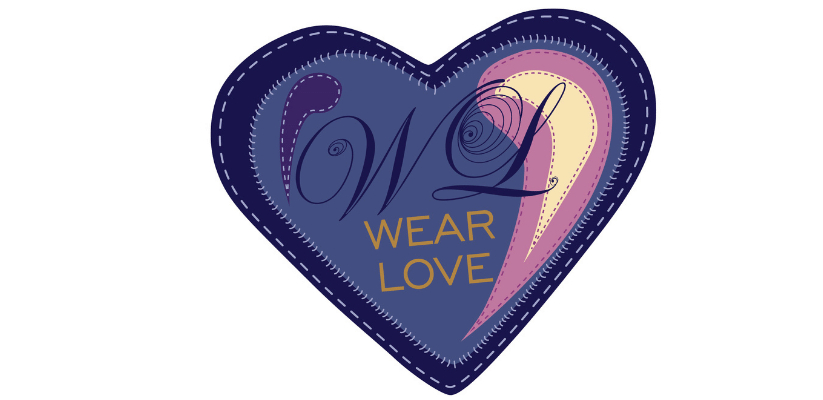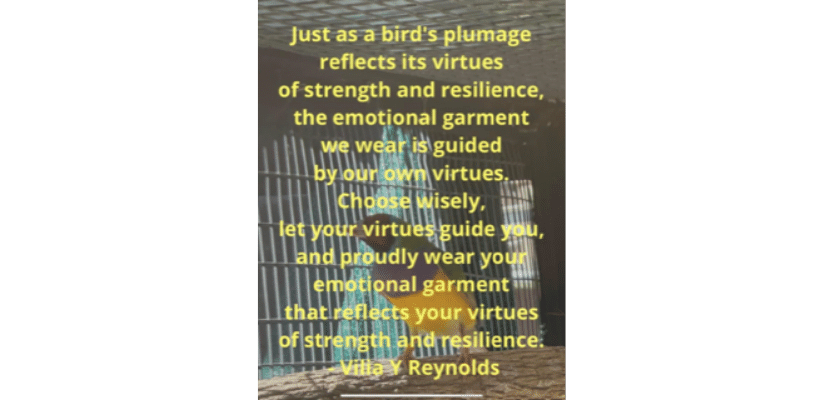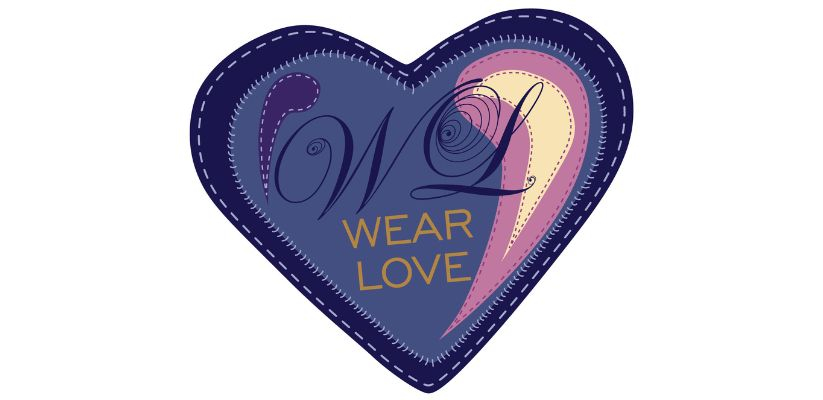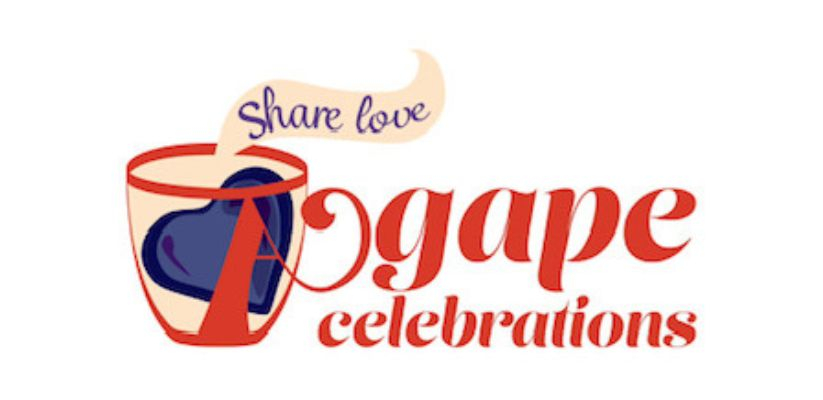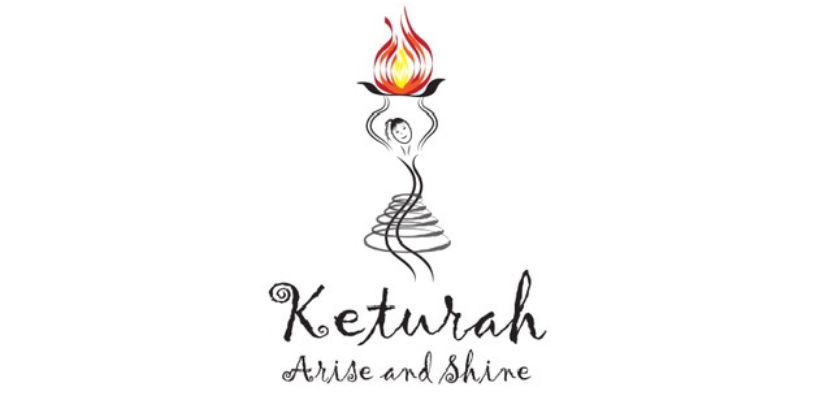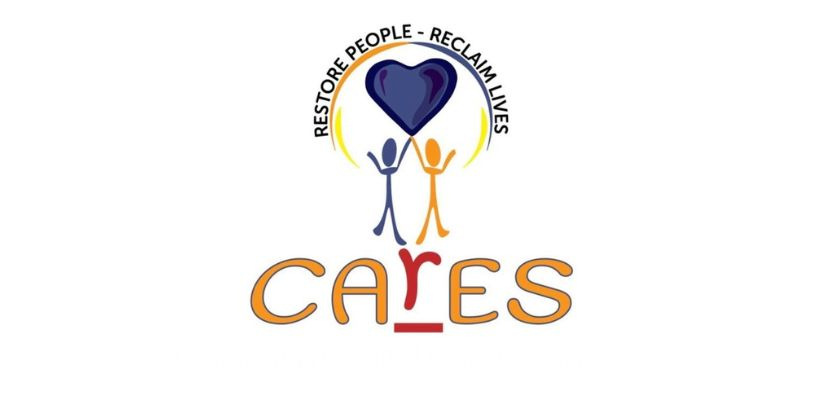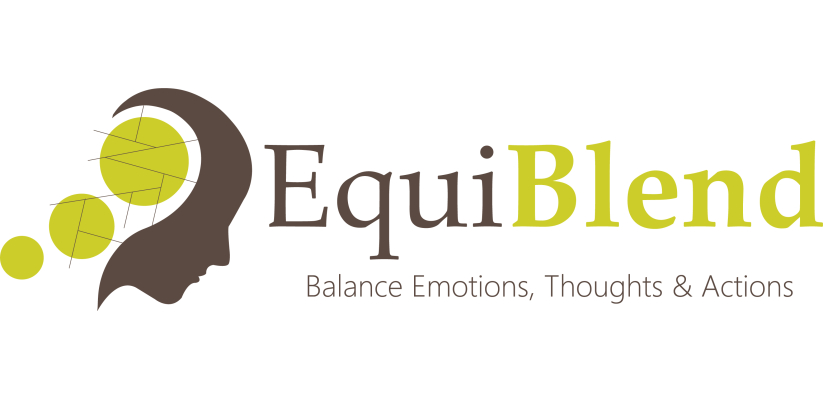Uncover the Unique Perspective of Coral Reefs of Resilience: A Deep Dive into The Hidden Influence of Trauma on Our Beliefs and Choices
"Like a diver among vibrant reefs, we must explore our depths to find the perfect coral—strong beliefs to cling to amidst life's currents." Vilia Y Reynolds
Introduction
Have you ever wondered how past experiences shape who you are today? How trauma can cast a long shadow over your beliefs and life choices? This blog explores the intricate relationship between trauma, our core beliefs, and the self-fulfilling prophecies that can either hold us back or propel us forward. Understanding these dynamics allows us to break free from mental blocks and empowers us to create a more fulfilling life.
What is Trauma?
Trauma is not just a buzzword; it is a profound emotional response to distressing events that can drastically alter our worldview. It can stem from acute incidents, like an accident, or chronic experiences, such as a difficult childhood. These events can leave deep psychological scars, shaping how we view ourselves and the world around us (Herman, 1992).
The Fixed Ideas: Are They Keeping You Stuck?
At the heart of this exploration lies the concept of 'fixed ideas,' which are rigid patterns of thought that can skew our reality. These cognitive frameworks often develop in response to trauma. For instance, if someone faced abandonment as a child, they might internalise the belief that they will permanently be abandoned, impacting future relationships and choices. Other examples of fixed ideas could be 'I am not good enough' or 'I am always a failure '. This cycle can lead to self-fulfilling prophecies, where our fears manifest because we unconsciously act in ways that bring them to fruition.
The Influence of Society vs. Internal Reflection of External Influences: The Pressure of Society
We are constantly bombarded with societal norms and values that shape our beliefs. Social media, cultural narratives, and peer comparisons can reinforce negative self-perceptions, especially for those grappling with past trauma. The pressure to fit in can make it even harder to break free from harmful narratives (Fiske, 2010).
Internal Reflection: The Power of Self-Dialogue
Our internal dialogue plays a significant role in shaping our beliefs. Reflective practices—like journaling or meditation—encourage us to scrutinise our assumptions. This critical self-examination is a powerful tool that can lead to greater awareness and help us challenge the fixed ideas that limit our growth (Seligman, 2006). Engaging in these reflective processes is beneficial and essential for personal development and goal redefinition. It is a way to take control of our growth and actively shape our future.
Core Assumptions: The Bedrock of Our Beliefs
Core assumptions are our fundamental beliefs about ourselves, others, and the world. Many of these beliefs form during our early experiences and can be distorted by trauma. For instance, a core assumption could be 'I am unlovable' or 'The world is a dangerous place '. If our core assumptions lean towards pessimism, we may need help to see opportunities for abundance and fulfilment. However, we can foster resilience and adaptability by re-evaluating these assumptions. This can be done through self-reflection, therapy, or other reflective practices, opening doors to positive change.
Mental Blocks: Unseen Barriers to Success
Mental blocks are psychological barriers that prevent us from realising our potential. These barriers, often rooted in past traumas, can manifest as chronic procrastination, fear of failure, or an unwillingness to take risks. They can stifle our pursuit of happiness and satisfaction in life (Goleman, 2006).
Finding Growth in Adversity: Post-Traumatic Growth
Interestingly, while trauma can have debilitating effects, it can also catalyse growth. Post-traumatic growth refers to the positive changes individuals experience after overcoming adversity. These changes can be in various aspects of life, such as a newfound appreciation for life, a deeper connection with others, or a stronger sense of personal strength. This concept is a powerful testament to the resilience of the human spirit and the potential for adaptive coping strategies to lead to positive change, even in the face of life's most challenging moments.
Integrating Trauma to Find Direction: Managing Life's Stressors
Effective stress management is vital for integrating traumatic experiences into our lives. Techniques like LSR are found to be the most effective for rapid healing. The term' Life Stress Reduction' refers to a client-driven, systematic approach using the methodology of Applied Metapsychology. LSR addresses the issues and concerns someone brings, hoping to improve the quality of their life. It is often surprisingly effective in enabling clients to address and fully resolve significant concerns. LSR involves [specific steps or techniques], which can be a powerful tool for managing the effects of trauma in your life (Garbode, 2013).
Setting Goals for Abundance
Goal setting is a crucial aspect of personal development. However, achieving these goals requires more than just determination. It requires self-reflection and a willingness to challenge the beliefs that hold us back. This process can be daunting, but it is also empowering and can lead to significant personal growth (Locke & Latham, 2002).
Conclusion
The relationship between trauma, beliefs, and life choices profoundly shapes our experiences. By acknowledging the influences of external pressures and internal reflections, we can dismantle the fixed ideas that confine us. It is time to embrace our past while forging new paths toward a fulfilling future. Remember, the growth journey starts with recognising the impact of our experiences and choosing to rewrite our narratives. Let us take those first steps together!
